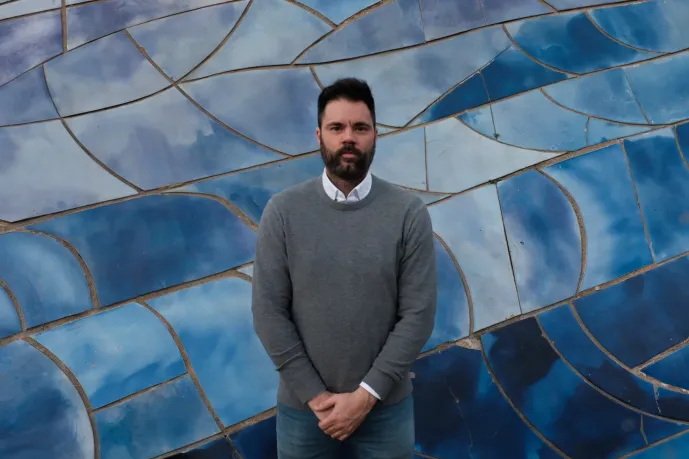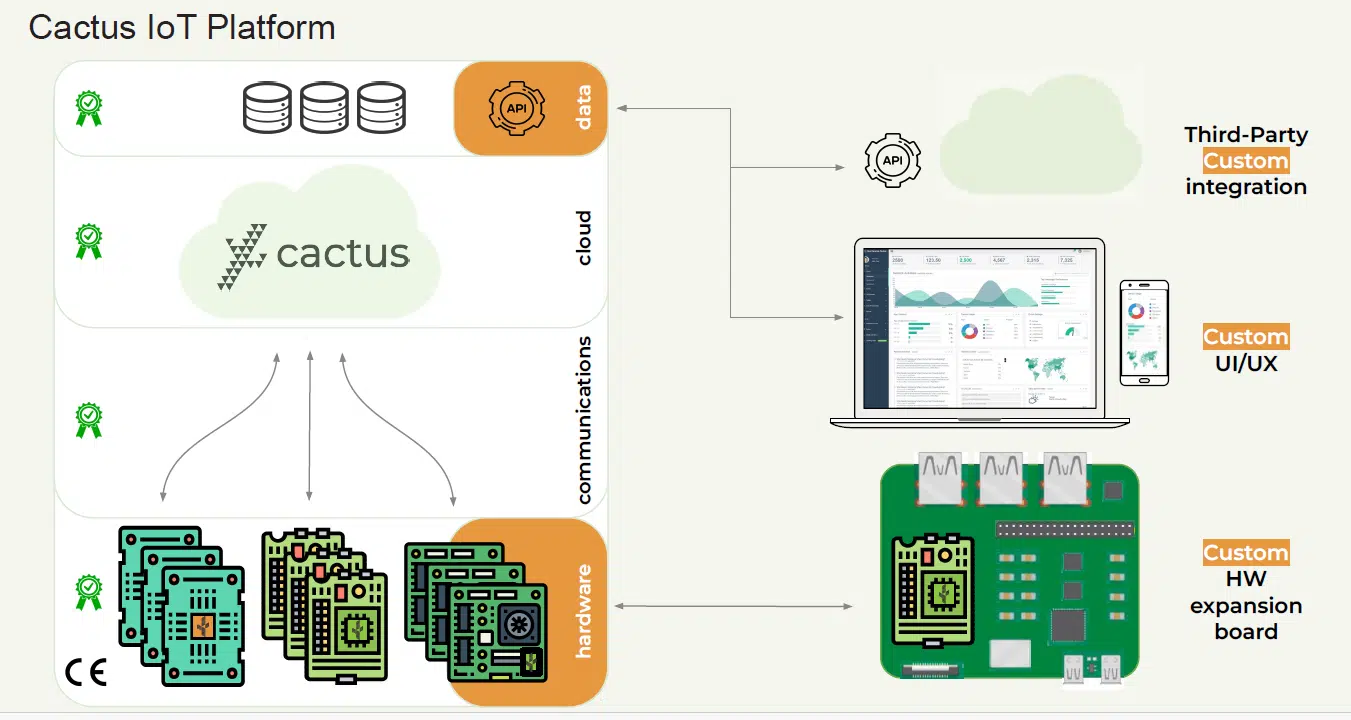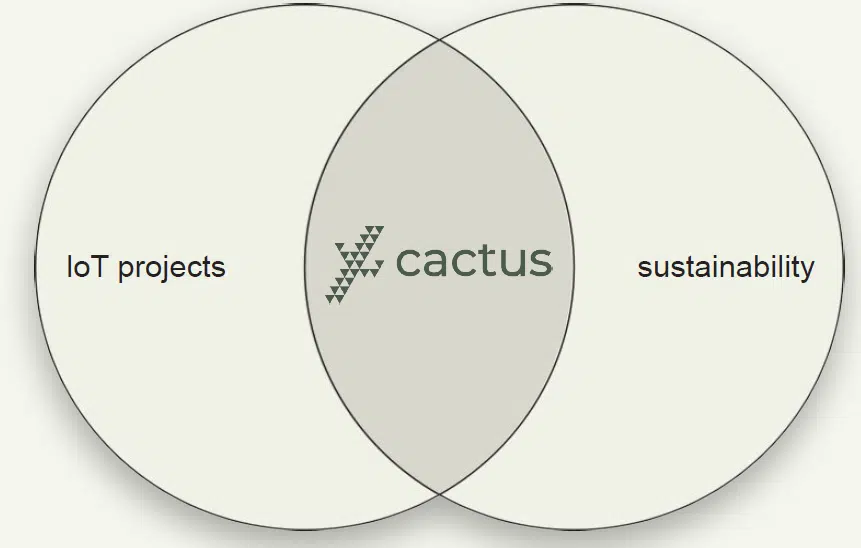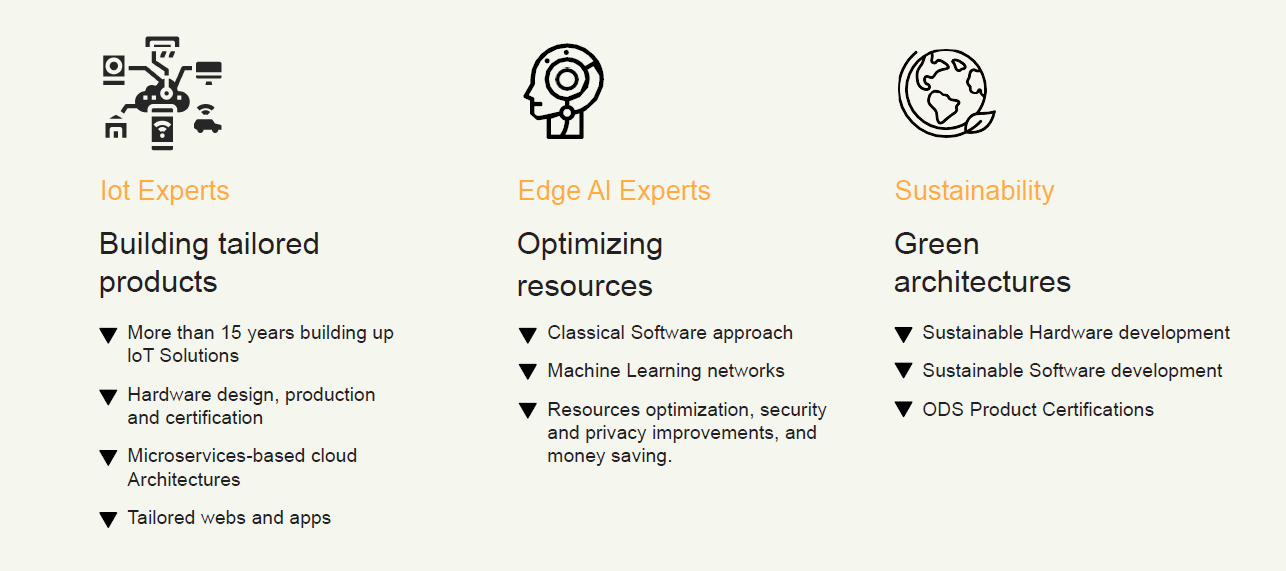
*Content created and provided by Smart Travel News
Sustainable technology is transforming the tourism sector by offering innovative solutions that not only enhance the traveler's experience but also minimize environmental impact. Organizations in the industry are betting on the development of software, hardware, and cloud services that, when correctly applied, can help achieve and promote more responsible tourism.
On the other hand, collaboration in technological environments keeps these organizations at the forefront, driving projects that combine innovation and sustainability. Through the exchange of ideas and strategic alliances, more efficient solutions are generated that optimize resource management and improve the experience in tourist destinations.
To delve deeper into this area, we interviewed Israel Blanco, a telecommunications engineer with a business focus, and a long and successful professional career. He is the co-founder and CEO of Cactus, a company dedicated to making technology development both ecologically and socially transformative. At Cactus, sustainability is at the core of everything we do. As a company, we understand that our actions have an impact on the environment, and we strive to minimize our own carbon footprint while generating a positive impact on the world.
Cactus is one of over 90 members of the Tech Tourism Cluster. Could you briefly explain the main elements of your organization?
Cactus is a startup specialized in the development of sustainable technology projects, encompassing software, hardware, and cloud solutions. Our focus is on creating technologies that are not only innovative but also environmentally friendly, integrating sustainability into every phase of our projects.
In addition to collaborating with clients from various sectors, we have our own R&D lab, CactusLab, where we research and develop our own projects that promote sustainable practices. This allows us to stay at the forefront of technological innovation and sustainability, creating solutions that generate a positive impact both for our clients and the environment.
The main elements of our organization include a multidisciplinary team with over 15 years of experience, enabling us to offer comprehensive solutions tailored to the needs of sustainable tourism and other sectors. Additionally, we are committed to developing technologies that reduce environmental impact and improve resource efficiency. As part of the Tech Tourism Cluster, we share the vision of promoting technology in the tourism sector.
How is your participation in this tourism tech cluster contributing to the improvement of innovation and development in your organization?
Our participation in the Tech Tourism Cluster has been essential in driving innovation and development at Cactus. This ecosystem connects us with leading companies and organizations in the technology and tourism sectors, allowing us to stay up-to-date with the latest trends, share knowledge, and collaborate on joint projects.
The synergy within the cluster has opened doors to new collaboration opportunities, both in the development of innovative technological solutions and the implementation of sustainable practices within the tourism sector. These interactions enhance our ability to design projects that combine advanced technology with sustainability, one of the fundamental pillars of our organization.
In the context of this cluster, what collaboration and networking opportunities have already emerged for your organization in terms of new projects or strategic alliances?
Cactus’s participation in the Tech Tourism Cluster has unlocked multiple collaboration and networking opportunities, facilitating connections with companies that share a focus on innovation and sustainability. Thanks to this collaborative environment, we’ve been able to establish strategic alliances with organizations that complement our technological capabilities, enabling us to take on more ambitious and impactful projects, gaining valuable experience in the tourism sector.
Additionally, the networking within the cluster has fostered the exchange of ideas and experiences, allowing us to identify new business opportunities and improve our offerings. By being in direct contact with innovative companies and industry leaders, we have explored strategic alliances that expand our reach and enable us to provide more comprehensive and sustainable solutions to our clients.
How has the exchange of knowledge and experiences among companies within the Cluster influenced the creation and adoption of more advanced technological solutions in the tourism industry or initial proposals in this field?
The exchange of knowledge and experiences among members of the Tech Tourism Cluster has been key in driving the adoption of advanced technological solutions focused on the tourism industry. This ecosystem connects us with companies from various fields, ranging from innovative startups to large corporations, enriching our perspectives and accelerating the creation of sustainable technological solutions.
Through collaboration and shared learning, we have been able to quickly adopt best practices and emerging technologies, integrating them into our software, hardware, and cloud projects. Interaction with companies specializing in Big Data, artificial intelligence, and Internet of Things (IoT) has helped us implement more efficient solutions, enhancing the tourist experience and optimizing resource management at tourist destinations.

From the cluster's perspective, what is the main contribution your organization brings to the tourism tech ecosystem and the promotion of growth for other member companies and the cluster itself?
Cactus contributes to the Tech Tourism Cluster by bringing its expertise in sustainable technology and the development of innovative, integrated solutions specifically tailored to the tourism sector. Our primary focus is on promoting technologies that not only enhance the tourist experience but also reduce environmental impact, a key issue in the current evolution of sustainable tourism.
Additionally, we encourage open collaboration among companies in the cluster, sharing not only knowledge but also resources for joint projects. This not only boosts the growth of our organization but also contributes to the growth of other companies by providing access to advanced and sustainable technologies they might not have developed on their own.
Author

Member of the Research Group on Tourist Accommodation and Catering at the CETT – UB Campus. Professor of Digital Marketing. Lecturer. Member of Scientific Committees of Congresses. Foundrising, Entrepreneurship & Awards CETT Fundació – CETT. Doctor (PhD) University of Barcelona
Recent posts

10 March 2025

06 March 2025

03 March 2025
Subscribe
Subscribe here and stay tunned on what's next


